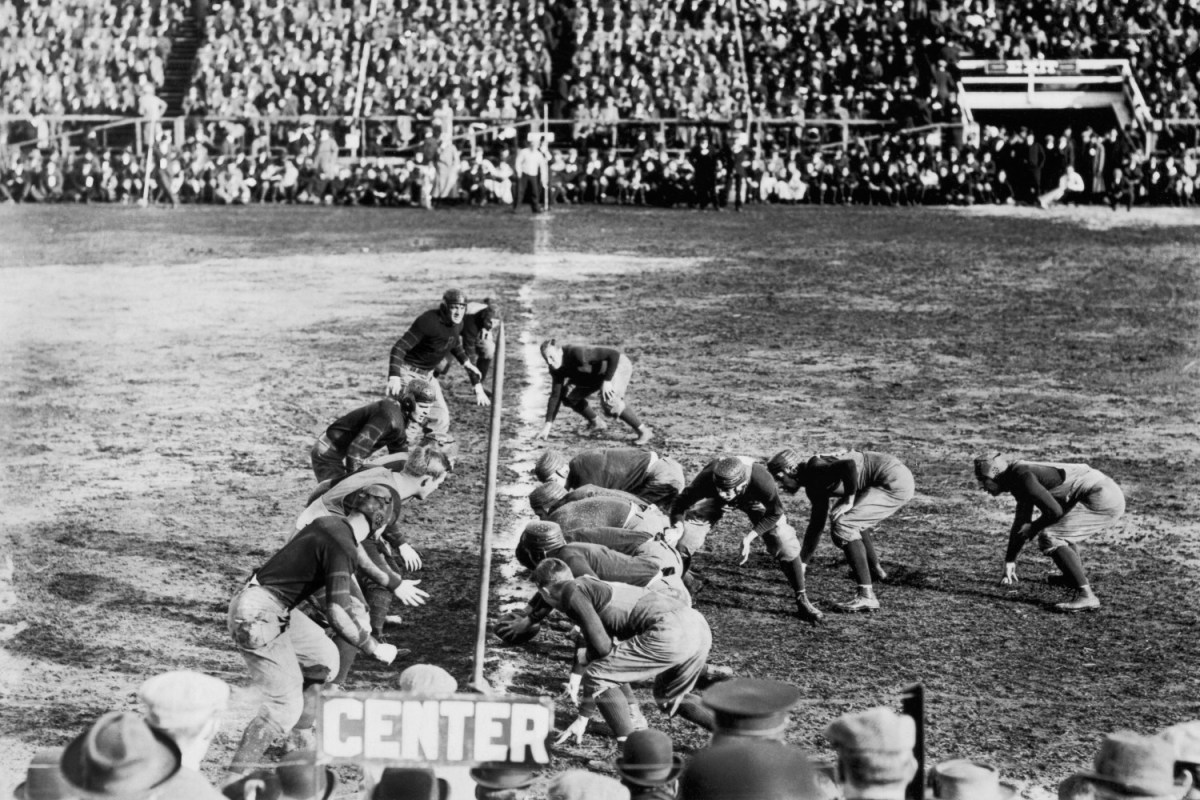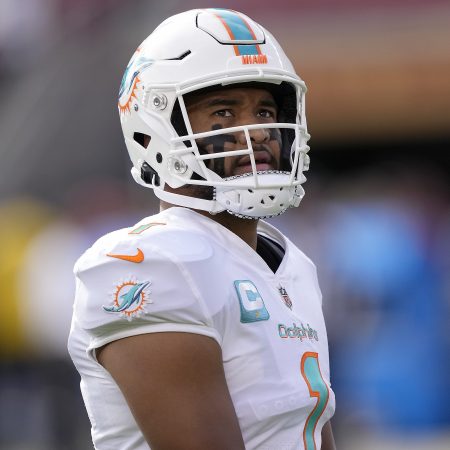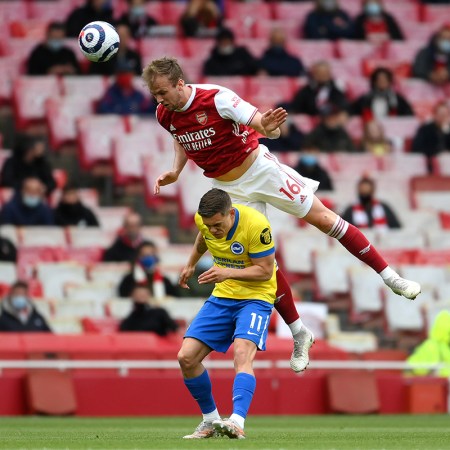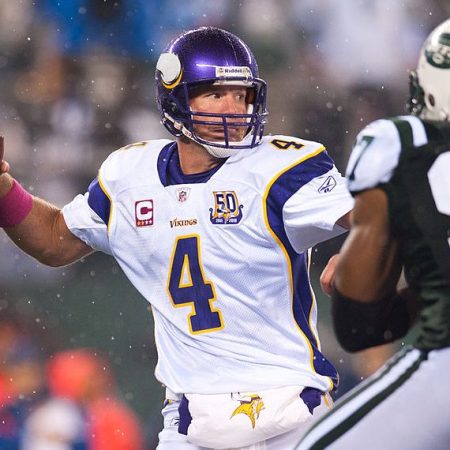In 2015, Will Smith played Dr. Bennet Omalu in the film Concussion, which dramatized Dr. Omalu’s efforts to connect chronic brain conditions to the sport of football. By the time the film was released, his efforts — and the efforts of other medical professionals to connect head injuries in sports to health trouble down the line — were well-documented. But for all that these findings were and are shocking, there’s an even more unsettling piece of medical history behind it: this was far from the first time that doctors found evidence that the violence inherent in football and other sports could lead to lifelong problems for the people playing it.
In a new article for The New Yorker, Ingfei Chen profiles Stephen Casper, a medical historian whose trips into the archives have brought back some sobering dispatches. This includes evidence that doctors and scientists have made the connection between sports and brain injuries for over a century, dating back to the 1890s.
“Every generation has been doing more or less the same kind of studies, and every generation has been finding more or less the same kinds of effects,” Casper told The New Yorker.
In the last decade, historians have revisited the efforts Theodore Roosevelt made to make the sport of football safer. At the time, concussions weren’t the only issue when it came to the sport and safety — some players were outright dying on the field in the early days of the 20th century.
What is a Q-Collar, and Can It Solve Football’s Concussion Problem?
As comforting as a CTE quick-fix sounds, the “Q-Collar” is likely malarkeyBut Roosevelt’s efforts early in the century weren’t the only ones over time. Casper also points to the work doctors did in the 1920s and 1930s to connect the head injuries incurred by boxers and football players with the chronic conditions those same athletes later had to contend with.
It’s a fascinating and unsettling piece of history. And, alarmingly, it suggests that we’ve bypassed the “learn from history” stage and are well on our way to repeating history again and again and again.
The Charge will help you move better, think clearer and stay in the game longer. Subscribe to our wellness newsletter today.


















